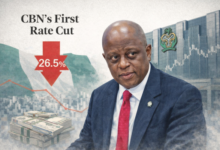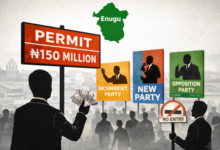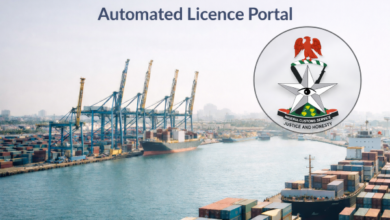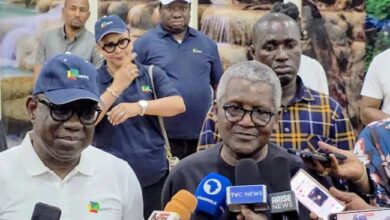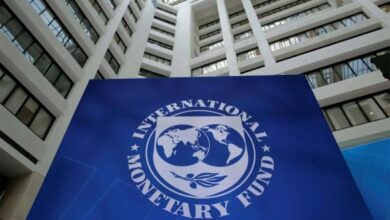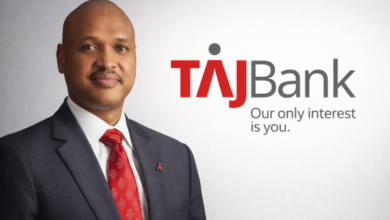Angola’s foreign reserves rise to $14.6b in May
 The net foreign reserves of Angola rose to $14.615 billion in May from $12.798 billion in April, data posted on the Central Bank’s website showed on Friday.
The net foreign reserves of Angola rose to $14.615 billion in May from $12.798 billion in April, data posted on the Central Bank’s website showed on Friday.
Angola’s net foreign exchange reserves rose to $13.078 billion in March from a revised $12.813 billion in February .
In January this year Angola’s depleting foreign reserves prompted the central bank to pursue a more flexible exchange rate strategy, the regulator said then.
The comment came a day after plans were unveiled to restructure foreign debt and allow looser trading of the kwanza.
The central bank said then it would shift from a currency peg to a trading band, which would keep the kwanza’s value against the United States dollar within an as-yet defined range.
The changes were implemented from this February.
Kaan Nazli, senior economist at investment management firm Neuberger Berman, estimated the new currency plan could result in the kwanza effectively devaluing by 30 per cent then.
“Of course they won’t call it like a devaluation … but ultimately it is not too far off what the (International Monetary Fund) has identified as the overvaluation of the exchange rate,” Nazli told the Media.
Sub-Saharan Africa’s third largest economy also plans to renegotiate its external debt, which stands at 38 billion dollars then, Finance Minister Archer Mangueira said .
“You do not want to give Jeff Bezos a seven-year head start.”
Angola’s dollar-denominated bond, which has 1.5 billion dollars outstanding and matures in November 2025, fell 0.2 cents in price to 115.80 cents.
Most of Angola’s external debt is held by multinational lenders like the IMF or by foreign governments, including China, which has huge oil-for-infrastructure deals with the southern African nation.
Angola does not have a developed debt or stock market so a more flexible exchange rate is less significant for investors than in more developed markets.
Lenders like the IMF have been calling for looser currency controls, however.
“Multilateral lenders will look favourably on the developments, so they might be more willing to restructure some of the debt,” said Cobus de Hart, analyst at NKC African Economics.
The central bank once said its decision to ease currency controls came after it had analysed the “macroeconomic fundamentals of the Angolan economy, and particularly the decreasing trend of international reserves then.”
Oil accounts for around 90 per cent of Angola’s government revenue and years of depressed crude prices have hammered once booming economic growth and eroded foreign currency reserves.
Angola, Africa’s second biggest oil exporter, has maintained a quasi-pegged exchange rate of about 166 kwanza per dollar, even though the dollar buys about 400 kwanza on a thriving black market.
Under the new system, forex trading will be carried out at trading auctions where a weighted average of offers from the central bank and commercial banks will set the exchange rate.
“In other words, the exchange rate is now determined by the transactions that take place in the primary market by auction,” the central bank said on February.
Posted by Juliet Ekwebelam (NAN)


